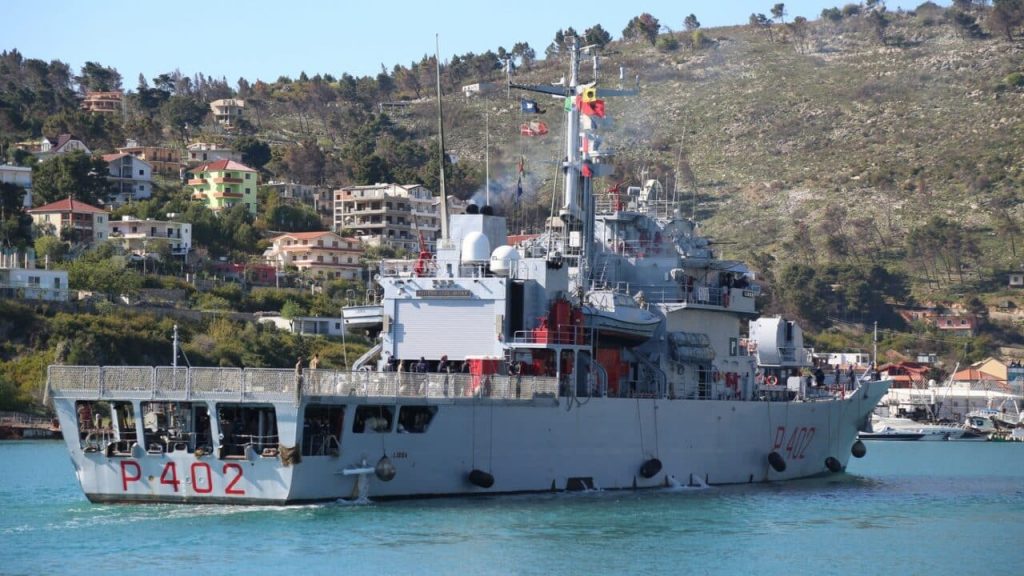Italy has sent a second group of migrants to Albania after making changes to its legal framework that now allows the offshoring of certain migration procedures. The Italian military ship Spica departed from Brindisi on Tuesday and arrived at the Port of Shengjin in Albania on Wednesday morning with 27 migrants on board. These migrants are being transferred to a special detention and repatriation centre in Gjader, about 20 kilometres from the port.
This latest transfer marks the second time Italy has sent migrants to Albania. The first such operation took place on April 11, when the naval ship Libra transported 40 migrants to the same facility. These actions are part of Italy’s efforts to enforce a controversial deal signed last year with Albania to manage irregular migration outside Italian territory.
Italy’s Interior Minister, Matteo Piantedosi, defended the move during a press conference on May 25. He explained that the migrants being sent to Albania are not simply irregular migrants but individuals considered dangerous to society. “It is not true that we bring migrants there who are only guilty of administrative irregularities,” Piantedosi said. “We are transferring people who have finished serving prison sentences for serious crimes such as rape and child pornography. These centres are used only for individuals who pose a social risk.”
The Italian government is currently waiting for the European Court of Justice to decide on the legality of the offshoring agreement. This follows legal challenges by Italian judges, who questioned whether detaining migrants in Albania complies with European Union laws. Some earlier attempts to send migrants to Albania failed because courts in Italy refused to validate the transfers.
Despite the uncertainty, Italy has pushed forward with new legal changes made on March 28. These updates now allow the government to send to Albania not only those rescued at sea but also individuals held in Italian detention centres whose asylum claims have been denied and who face expulsion, or those who have violated conditions of stay in Italy.
According to local media in Albania, the second group of migrants transferred to Gjader included 27 people, although Italian authorities have not officially confirmed the number. The Gjader Detention and Repatriation Centre was constructed and is managed by the Italian government under a 2023 Memorandum of Understanding signed between Albanian Prime Minister Edi Rama and Italian Prime Minister Giorgia Meloni.
So far, the controversial centre has cost Italy around €1 billion but has seen little use until now. Originally, it was intended to house migrants rescued in international waters while their asylum claims were being processed. Due to earlier legal obstacles, the centre remained largely inactive until the recent policy changes.
On March 31, the European Commission stated that the new practice appears to comply with EU law “in principle,” although the final decision will depend on the ruling of the European Court of Justice.
Under current rules, migrants transferred to the Gjader facility can be held for up to 18 months while waiting for repatriation to their countries of origin.

